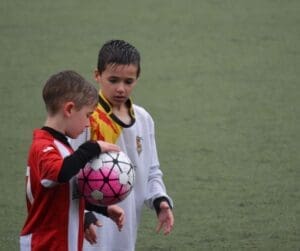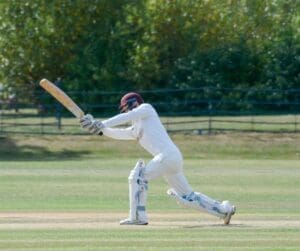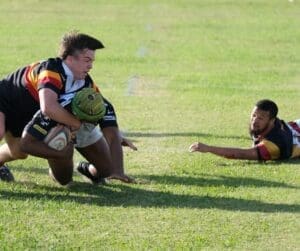Children and Youth Sport Case Studies
For over 15 years, we’ve been working with children, young adults, parents and youth coaches, to help everyone involved have a better sporting experience, as well as developing a mental edge for those children. The following case studies below share real examples of how our sport psychology coaching for kids has made a difference across a range of sports.
You’ll note that we offer ideas:
To help young athletes overcome fears and self-doubt
To manage performance anxiety
To improve consistency of performance
To enhance communication and understanding
In all cases we share transferable mental skills, so that what children learn in their sport (focus, resilience, self-belief) also supports them in school, work, friendships, and life away from sport.
We hope that the case studies give you a clearer picture of the practical ways we can support you, your children and those kids that you coach.
FAQs for Parents and Youth Sport Coaches
1. How can sports psychology help my child if they lack confidence? Sports psychology support provides practical tools to build self-belief, self-esteem and interpersonal confidence so that children are more comfortable in their own skin and can deal better with difficult situations and people. Some case studies above show how children who doubted themselves were able to approach training and matches with renewed confidence.
2. My child gets anxious before games. Can sports psychology really help with that?
Yes. We share strategies that help youngsters calm their nerves, focus on what they can control, and perform better under pressure. Parents and coaches also learn supportive ways to respond so the child feels reassured, not judged.
3. My child plays at grassroots level and I worry they may give up sport, can you help? Yes, sports psychology isn’t just for children who are deemed as “elite”. Many of the children and families we support play grassroots or just for fun. Sports psychology can benefit any child who wants to enjoy sport more, handle challenges better, and develop life skills.
4. How can parents be more supportive without adding pressure?
Our case studies and blogs highlight simple communication approaches that parents can use to encourage and guide their children—such as focusing on effort and progress, not just results.
5. What’s in it for coaches of youth athletes?
Coaches often see youngsters struggle with confidence, inconsistency, or nerves. Sports psychology offers coaches new ways to connect with their players, improve team culture, and support athletes’ mental wellbeing alongside skill development.
6. How quickly can we expect to see changes?
Every child is different. Some notice small improvements within a few sessions (like feeling calmer or more focused), while for others it takes time. The key is consistency and applying the strategies in training and competition.
7. Do these skills transfer beyond sport?
Yes. The same skills that help with confidence and resilience in sport also support children in school, friendships, and everyday life. Parents often notice their child’s growth in areas beyond the pitch or court.
8. What if my child is resistant or doesn’t think they need help?
This is very common. Many athletes start unsure, but once we build rapport, have some fun with different exercises they see practical tools that improve their performance and enjoyment. They also quickly begin to understand the value. Parents and coaches can play a big role in encouraging an open mind.




